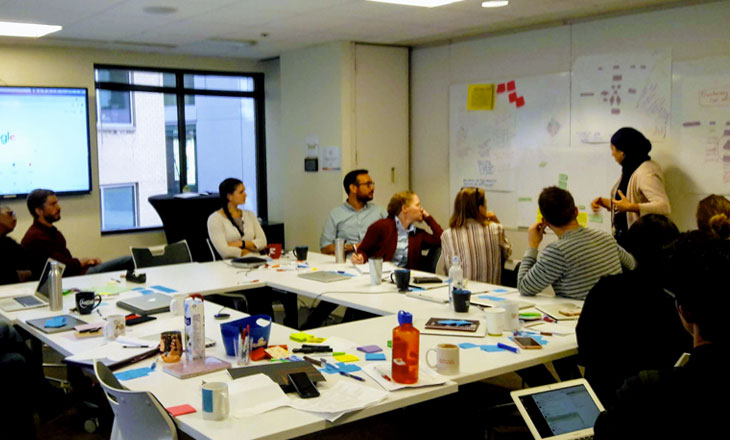Integrity Insider – 2019 Annual Report
Speeding, scaling, and sharpening: A year in the life of Global Integrity Over the course of the last year, governance challenges have deepened in many countries, north, south, east and west. More positively, citizens’ protests against corruption and for urgent action to address the climate emergency have captured headlines, if not just yet the policy…
Details




